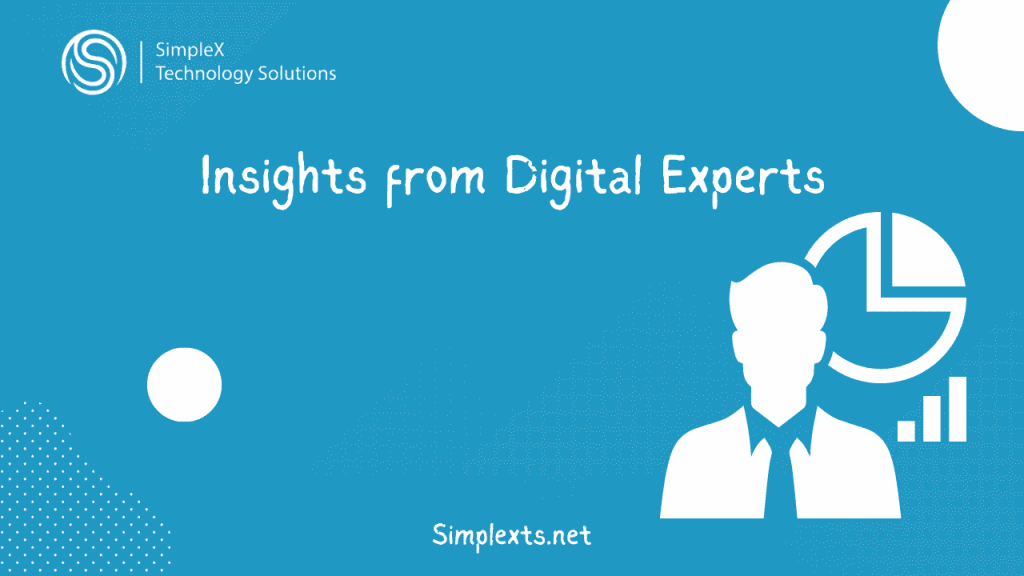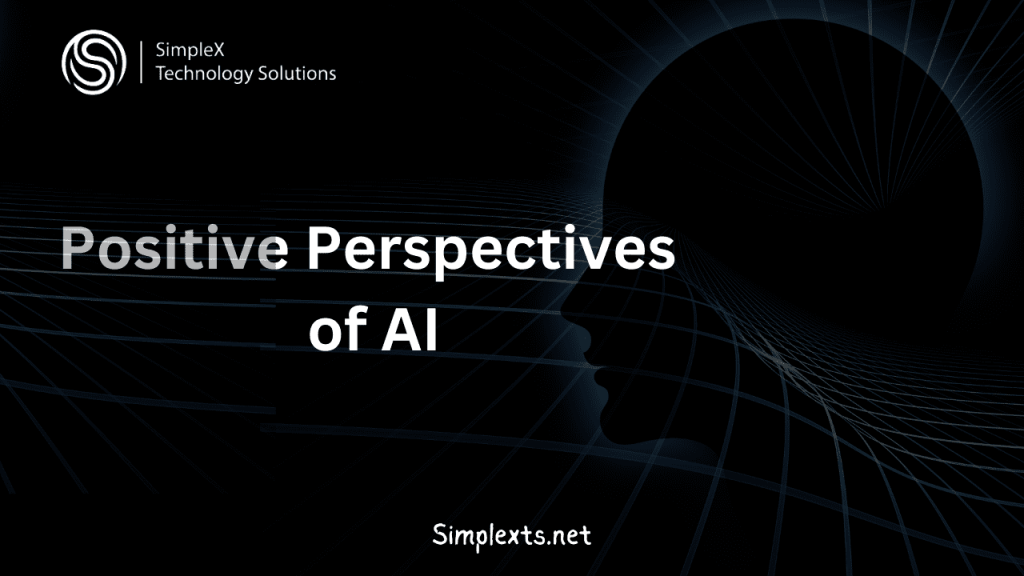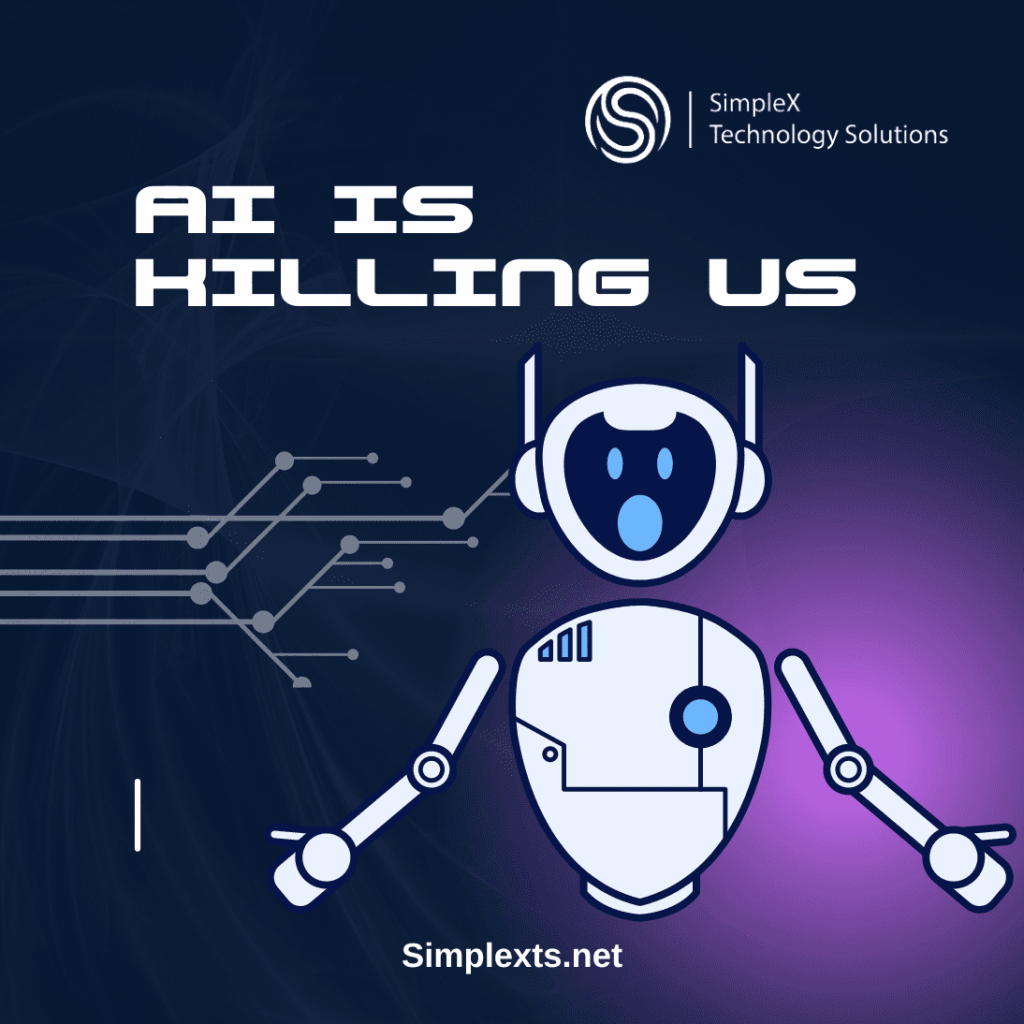Is Artificial Intelligence Killing our Brains? Insights from Digital Experts
In the era of rapid technological advancement, Artificial Intelligence stands out as a force reshaping various aspects of our lives. From streamlining business operations to enhancing healthcare outcomes, AI’s capabilities are seemingly boundless. However, amidst its transformative potential, concerns have emerged regarding its impact on cognitive health. Are we witnessing the gradual erosion of our mental faculties in the age of AI, or intellectual growth? Digital experts offer valuable insights into this intriguing question.
Understanding Artificial Intelligence:
Before delving into the discourse surrounding AI’s influence on our brains, it’s crucial to comprehend what Artificial Intelligence entails. AI refers to the simulation of human intelligence processes by machines, typically through the utilization of algorithms and vast datasets. Its applications span across diverse domains, encompassing areas such as natural language processing, image recognition, and predictive analytics. Learn more about the role of Artificial Intelligence in Modern Restaurant Tech and other Businesses.
The Concerns:
Critics argue that the integration of Artificial Intelligence into daily life might lead to cognitive complacency and diminished critical thinking skills. The convenience offered by AI-driven solutions, such as smart assistants and predictive algorithms, could potentially foster a reliance on automated decision-making processes, reducing the need for independent cognitive engagement.
Moreover, there are apprehensions regarding the long-term consequences of excessive screen time associated with AI-powered devices. Extended exposure to screens has been linked to attention deficits and reduced cognitive function, particularly in younger demographics.
Insight from Digital Experts

To unravel the enigma, we turn to digital experts whose nuanced perspectives shed light on the issue.
-
Dr. Maria Rodriguez – Cognitive Psychologist
According to Dr. Rodriguez, the impact of Artificial Intelligence on cognitive faculties is nuanced. While acknowledging the potential for cognitive complacency due to excessive reliance on Artificial Intelligence, she emphasizes the role of education and awareness in mitigating such risks. Dr. Rodriguez advocates for a balanced approach, leveraging AI’s capabilities while fostering cognitive agility through continuous learning and thinking exercises.
-
Johnathan Smith – AI Ethicist
Johnathan Smith posits that the ethical implications of Artificial Intelligence extend beyond cognitive degradation. He underscores the importance of designing AI systems that augment human capabilities rather than replacing them outright. Smith advocates for interdisciplinary collaboration between technologists, ethicists, and psychologists to develop AI solutions that prioritize cognitive empowerment.
-
Sarah Chen – Tech Entrepreneur
As a tech entrepreneur immersed in AI-driven innovation, Sarah Chen offers a pragmatic perspective. She contends that while AI streamlines routine tasks, it also liberates humans to focus on higher-order cognitive endeavors. Chen believes that judicious integration of Artificial Intelligence augments human potential, enabling individuals to allocate cognitive resources more efficiently towards innovation and creativity.
-
Dr. Michael Brown – Neuroscientist
Dr. Brown delves into the neuroscientific implications of Artificial Intelligence on the brain. He suggests that while AI may influence cognitive processes, the brain exhibits remarkable plasticity, capable of adapting to new challenges. Dr. Brown emphasizes the need for longitudinal studies to discern the long-term effects of AI on cognitive functions and recommends cognitive training interventions to bolster resilience against potential cognitive decline.
Positive Perspectives of Digital Experts:

Despite these apprehensions, digital experts present a nuanced perspective on the impact of AI on cognitive health. Rather than viewing AI as a detriment to human intellect, many experts regard it as a tool that can augment cognitive abilities and facilitate intellectual pursuits.
-
Enhancing Cognitive Functions:
Digital expert Dr. Emily Chen emphasizes that Artificial Intelligence can serve as a cognitive enhancer, empowering individuals to process information more efficiently and make informed decisions. Through machine learning algorithms, AI systems can analyze vast datasets and extract valuable insights, supplementing human cognition with advanced analytical capabilities.
“AI has the potential to expand our cognitive horizons by providing access to information and analytical tools that were previously inaccessible,” says Dr. Chen. “By leveraging AI-driven technologies, individuals can enhance their problem-solving skills and adaptability in an increasingly complex world.”
-
Fostering Lifelong Learning:
Another perspective offered by digital experts revolves around AI’s role in fostering lifelong learning and intellectual curiosity. With AI-powered educational platforms and personalized learning algorithms, individuals can engage in continuous self-improvement and skill development tailored to their unique learning styles and preferences.
According to digital strategist Mark Johnson, “AI-driven educational tools have the capacity to revolutionize the way we learn and acquire knowledge. By harnessing the adaptive capabilities of AI, individuals can embark on a lifelong journey of intellectual growth and discovery.”
-
Mitigating Cognitive Bias:
Furthermore, digital experts highlight AI’s potential to mitigate cognitive biases inherent in human decision-making processes. By employing algorithms devoid of inherent biases, Artificial Intelligence systems can assist individuals in making more objective and rational decisions across various domains, ranging from finance to healthcare.
“AI has the ability to act as a cognitive check against human biases, providing alternative perspectives and mitigating the risk of erroneous judgments,” explains data scientist Dr. Michael Thompson. “Through the integration of AI-driven decision support systems, individuals can enhance the quality of their decision-making processes and minimize the influence of cognitive biases.”
Conclusion:
In conclusion, while concerns regarding the impact of Artificial Intelligence on cognitive health are valid, digital experts offer a balanced perspective that underscores the potential benefits of AI adoption. Rather than viewing AI as a threat to human intellect, it should be recognized as a transformative force. It can enhance cognitive functions, foster lifelong learning, and mitigate cognitive biases.
As we navigate the landscape of AI integration, it is essential to approach its implementation with mindfulness and critical discernment. By leveraging AI as a tool for cognitive augmentation and intellectual empowerment, we can harness its potential to cultivate a more intellectually vibrant and cognitively resilient society. If you want complete knowledge of AI and want to grow your business, start taking steps today with simpleX.
Follow us on LinkedIn and learn more about our services!

